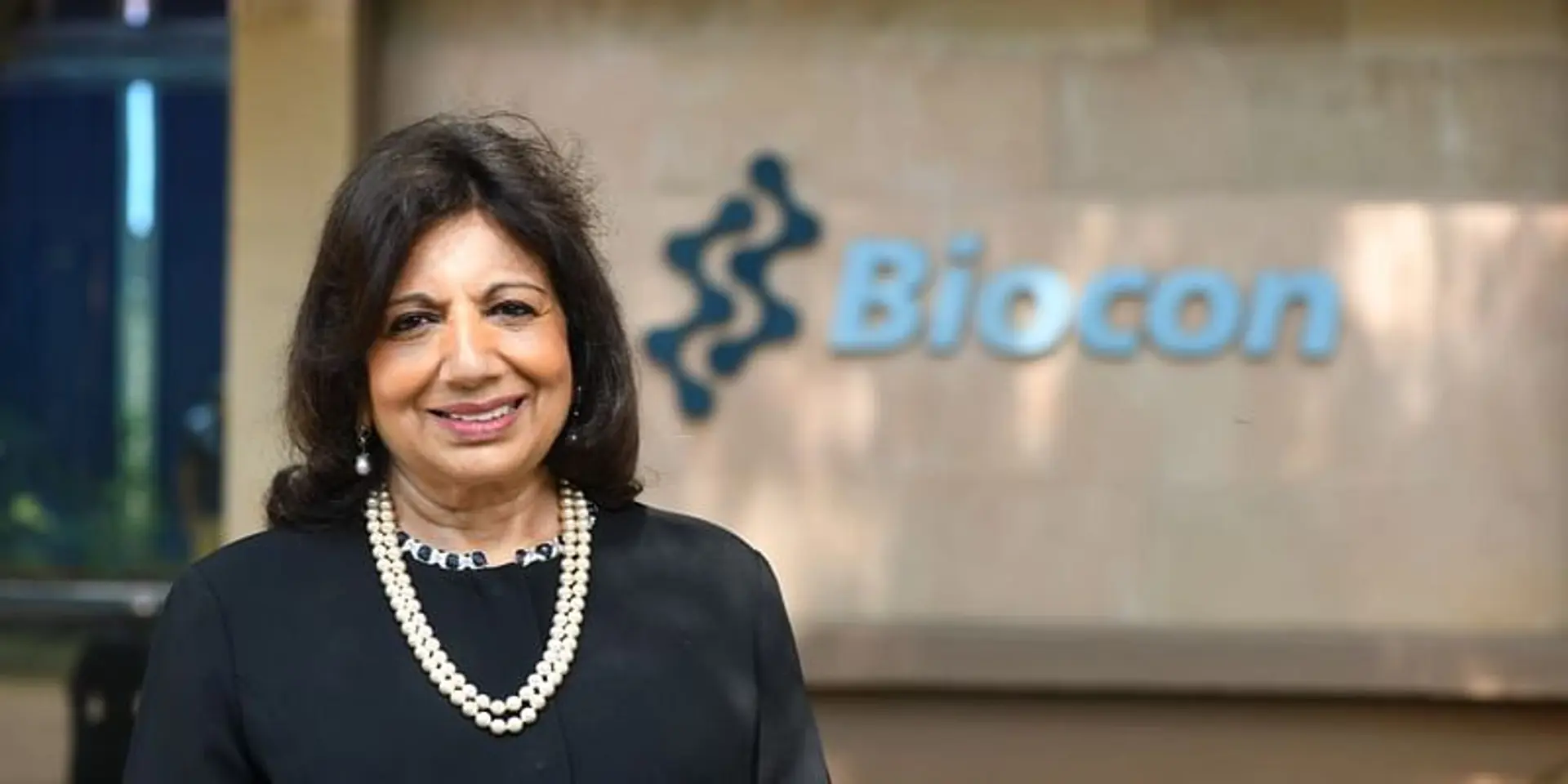We need more Indian women to make a mark in science
On International Day of Women and Girls in Science, I believe women in science in India needs more role models they can identify with.
“A ship in port is safe, but that’s not what ships are built for,” said Grace Hopper (1906–1992), one of the first programmers in the history of computers. Her belief that programming languages should be as easily understood as English was highly influential on the development of COBOL, one of the first computer programming languages.
Women have been playing a crucial role in science and technology for over a century. Perhaps it is noteworthy that the word ‘computer’ originated from a group of women who helped process astronomical data for Edward Charles Pickering, the Director of Harvard Observatory, in the late 19th century.
Women today have gone beyond and literally touched the sky. In India, the women at the Indian Space Research Organisation (ISRO) have played a key role in the country’s Moon, Mars and other space programmes.

Picture credit: kiranshaw.blog
India has a deep pool of talented women in science who have achieved tremendous success in their respective fields. Former Director General, ICMR, Dr Soumya Swaminthan is doing us proud as Chief Scientist of the World Health Organisation.
Dr Priya Abraham, director of National Institute of Virology, Pune, made a significant medical breakthrough by isolating the deadly coronavirus in India to help improve understanding of the disease. The first woman to head an Indian missile project, Tessy Thomas, who is Director General of Aeronautical Systems, DRDO, has decisively broken the glass ceiling to make her mark in a traditionally male bastion. She earned the moniker of ‘Missile Woman of India.’
Mangala Mani, the ‘polar woman of ISRO’, was ISRO’s first woman scientist to spend more than a year in Antarctica, where she went as part of the 23-member team in 2016.
Dubbed as the ‘Rocket Woman of India,’ Ritu Karidhal was Mission Director of the Chandrayaan-2 mission and was feted for her role in helming one of India’s most ambitious lunar projects. Dr Gagandeep Kang is the first woman from India to be elected a Fellow of the Royal Society. She is a widely respected vaccine scientist whose integrity and commitment is an inspiration to so many. Chandrima Saha is a biologist and the first ever woman president of the Indian National Science Academy (INSA). Renu Swarup as Secretary, Department of Biotechnology, Ministry of Science & Technology, has been working tirelessly to promote large-scale use of biotechnology in the country.
From space technology to biotechnology, from missiles to mathematics, women are changing the formula – both in gender equations as well as scientific equations!
We need to do more
We have travelled far. But there’s still a long way to go. Research shows while there is significant number of women “studying” science in India, very few of them are “doing” science, i.e., pursuing scientific research as a career.
This phenomenon is not limited to India. According to a global study by the Association for Psychological Science, girls perform as well as or better than boys in science in two-thirds of the 67 countries reviewed. The study also concluded that many more girls are capable of college-level success in STEM fields than actually enter them.
As per the latest statistics, India has less than two women researchers out of every 10 people doing scientific research in the country.
A report on ‘Women Scientists in India’ found that while about 30 percent of engineering students overall are women, the percentage is lower at the more prestigious technical institutes such as the IITs. Similarly, while women comprise about 45 percent of medical students in the country, their percentage is somewhat lower at the more prestigious institutes such as AIIMS.
Women contributing to healthcare
The influence that women exert on healthcare outcomes is best encapsulated by the Lancet Commission on Women and Health report, which found that women contribute approximately $3 trillion to healthcare globally, or nearly 5 percent of global GDP. While women play a vital role in the global healthcare workforce as nurses, midwives, community health workers and doctors, they also make informal contributions to healthcare by giving care in the home.
The report also found that 80 percent of healthcare decisions for the family are made by women. If valued, this unpaid contribution could account for up to 2.35 percent of global GDP!
Interestingly, the growing influence of women in healthcare can be gauged by the fact that while roughly one-third of all US doctors are women, they account for the majority of physicians in several specialties — including obstetrics/gynecology (85 percent), as well as psychiatry (57 percent), family medicine (58 percent), and pediatrics (75 percent).
Need more women at strategic level in life sciences, healthcare and tech
We are seeing women moving out of traditional areas such as Human Resources and into Information Technology, Biotechnology and other Science-related fields. Today, I am proud that Biocon is an equal-opportunity employer where women thrive in every role including scientific research. While we do not believe in hiring women for the sake of their gender, we provide the facilities and environment they need to ensure that they are enabled and empowered. At Biocon, women comprise 40-45 percent of our scientific talent pool.
India needs more role models
On this International Day of Women and Girls in Science, I believe women in science in India needs more role models they can identify with. So, we need to take up the challenge of preparing the next generation of women scientists.
Today, the entire world is watching India with great anticipation. There is a newfound confidence among Indian women, a sense of self-belief that they can excel in any domain, compete with their male counterparts on a level-playing field, attain leadership positions and become role models for all. Coupled with their hard work and perseverance, women can achieve anything they set their minds on.
The scene for women in Indian science is slowly but surely changing for the better, as evidenced by the increase in their enrollment. With many more vocal voices joining in, the road ahead is likely to be eventful for many.
At this juncture, what women need is an environment that understands their specific needs, trusts them and supports them through testing times. I believe the time today is just right for women scientists to flourish in India. All that is required is for the women to be innovative, use their instinct, intellect, resourcefulness and commitment.
In my view, women need to capitalise on their inherent qualities of compassion, sensitivity, multi-tasking and above all, the inner strength to excel. With the right mix of all they can break through the perception of a glass ceiling preventing their success.
We need to come together to challenge the flawed societal mindset that women are less capable of understanding science. To quote Nobel Prize winner one of the most prolific scientists of our times, Marie Curie: “We must have perseverance and above all confidence in ourselves. We must believe that we are gifted for something and that this thing must be attained.”
(The article first appeared here)








